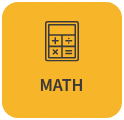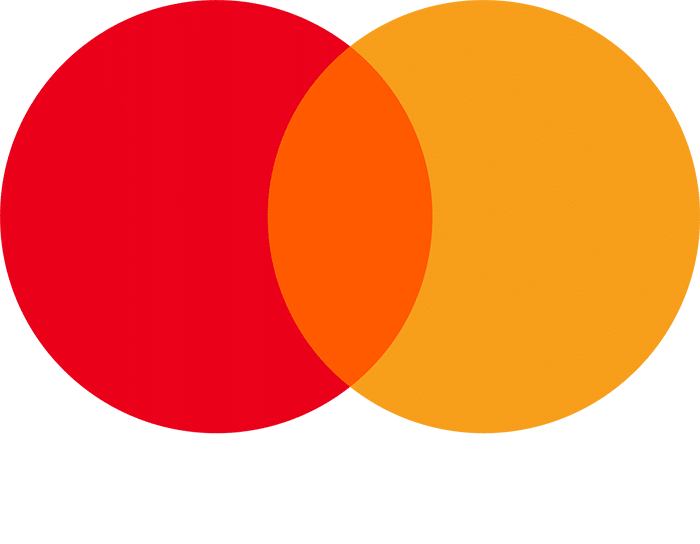
Ever wondered why there’s so much emphasis on children memorizing basic math operations? In the world of calculators and computers, the significance of having addition, subtraction, multiplication, and division at one’s fingertips might not be immediately obvious. However, foundational fluency in these areas is not just about numbers; it’s about preparing your child for future success in more complex mathematical realms.
Understanding Basic Operations: Their Role and Significance
From managing personal finances to understanding scientific data, basic operations are ubiquitous in everyday life. But their importance goes beyond practical applications:
- Addition & Subtraction: These are the primary pillars upon which the house of math is built. Beyond simple counting, they promote an understanding of numerical relationships, essential for higher mathematical reasoning and problem-solving. For instance, in advanced classes, students who have these operations memorized can swiftly navigate multi-step word problems, focusing on the logic rather than the arithmetic.
- Multiplication & Division: These operations are gateways to the world of advanced concepts such as ratios, proportions, and even basic algebra. In older grades, quick recall of multiplication and division is crucial when students encounter complex problems, like determining permutations in probability or calculating quantities in chemical reactions.
The Power of Memorization:
Having these basic computations memorized is akin to having a key to more advanced mathematical concepts. It helps students approach algebraic expressions and complex geometric problems with ease, as their cognitive resources aren’t tied up in basic calculations. This ease is especially noticeable in standardized testing and advanced classes, where time is of the essence and higher-order thinking is required.
Strategies for Effective Learning:
Building this foundational knowledge doesn’t have to be tedious. Here’s how to keep your child engaged:
- Interactive Learning: Use engaging math activities for children, like games or apps, which promote a fun learning environment. This approach is especially effective for memorization, as it encourages repetition without monotony.
- Utilize Resources: Homework helpers for elementary math and grade-specific math resources can provide the essential practice that reinforces classroom learning. Quality, affordable math worksheets allow children to practice at their own pace, solidifying their understanding.
- Real-World Applications: Show your child the practical uses of math in everyday scenarios. Whether it’s cooking measurements or budgeting for their favorite toys, real-world applications reinforce the relevance, making learning math more memorable.
Parenting Insights for Fostering Math Skills:
Your approach as a parent significantly influences your child’s learning trajectory:
- Maintain a Positive Attitude: Your perception of math affects your child’s attitude. Celebrate effort and improvement, fostering a growth mindset.
- Stay Informed and Involved: Regular communication with teachers can provide insights into your child’s progress and where additional support might be beneficial.
- Encourage Patience and Persistence: Remind your child that mastering these skills takes time and practice, and that’s okay. Continuous encouragement is key, especially when concepts seem challenging.
In conclusion, memorization of basic math operations is a critical step in your child’s educational journey. This foundational fluency doesn’t just prepare them for advanced math; it equips them with skills necessary for logical reasoning, problem-solving, and informed decision-making in everyday life. By integrating consistent practice and a positive mindset, you’re setting your child up for academic success and a lifelong understanding of the numerate world around them.
And if you’re looking for an amazing online platform to help your children develop their skills in math operations and so much more, consider becoming a member of Chalkboard Teach!
Follow us on Instagram and Facebook to keep up to date with Chalkboard!









